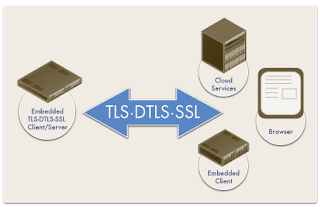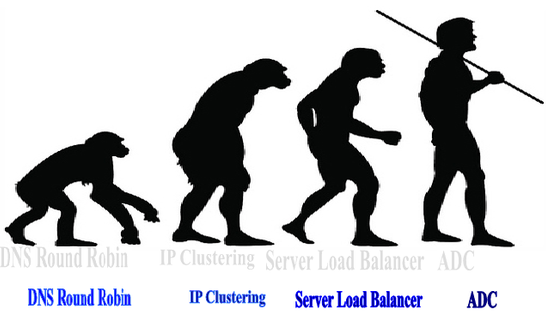DNS and DHCP performance testing tools
When
there are Internet issues, the first thing we say at Ariadnex is
there is something wrong with DNS servers. Maybe
the DNS service is stopped, the domain name which is requested
doesn’t exist or even the DNS server can't respond so many requests
per
second
(RPS).
Another
important thing to take into account when
there are Internet issues is
to know if the user’s computer has an IP address.
Maybe
the user’s computer hasn’t
requested
an IP address, the DHCP service is stopped, there is no more free IP
addresses to offer or even the DHCP server can’t offer
so many leases
per
second
(LPS).
We
have at the office a book about DNS with more than 500 pages. This
means the DNS service is a powerful service with lots of options and
parameters. It’s important to know the DNS service can listen in
53/tcp port and 53/udp port as well. It’s
important to know what means NXDOMAIN code and NOERROR code. It’s
important to know what is an authoritative server, a master server
and a slave server. It’s important to know what is an internal view
and a external view. Therefore, it’s important to know many things
to configure a DNS service properly.
If you
have already configured a DNS server and you want to know how many
requests per second (RPS) it can manage, you
can use the DNSPerf
tool to test the performance of the DNS Server. It is a DNS
performance testing tool
which can be downloaded from GitHub and it requires the BIND package.
This
tool
is really easy to use. We have to set the DNS server which is going
to be used, the datafile with the domains we want to request, the
number of clients we want to simulate and the max queries we want to
run.
 |
| DNSPerf example |
DHCP
is also a very important service in a user network. It is not so
important in a server network because servers usually have static IP
addresses configured. However, user’s computers usually have
dynamic IP addresses configured. If
a user’s computer doesn’t receive an IP address, we should look
for the
four way handshake. DISCOVER, OFFER, REQUEST and ACK are the packets
we should look for with an sniffer tool such as Wireshark. In
addition, we
should also take into account whether there is a Relay DCHP
configured and unicast and broadcast requests.
 |
| DHCP four way handshake |
If you
have already configured a DHCP server and you want to know how many
lease per second (LPS) it can manage, you can use the PerfDHCP
performance
testing
tool.
It
is really easy to install. If you have a Debian base computer, you
just have to execute apt-get
install kea-admin.
As
a result, perfdhcp should be installed. We’ll have to set the DHCP
server which is going to be used, the network interface we are going
to use, how many clients we are going to simulate, and how many LPS
we want to run.
 |
| PerfDHCP example |
To
sum up, DNSPerf and PerfDHCP are two performance
testing
tools which help us to know if DNS and DHCP services are well
configured and the performance fit our needs.
Have
a nice day! Take care!










Commentaires
Enregistrer un commentaire